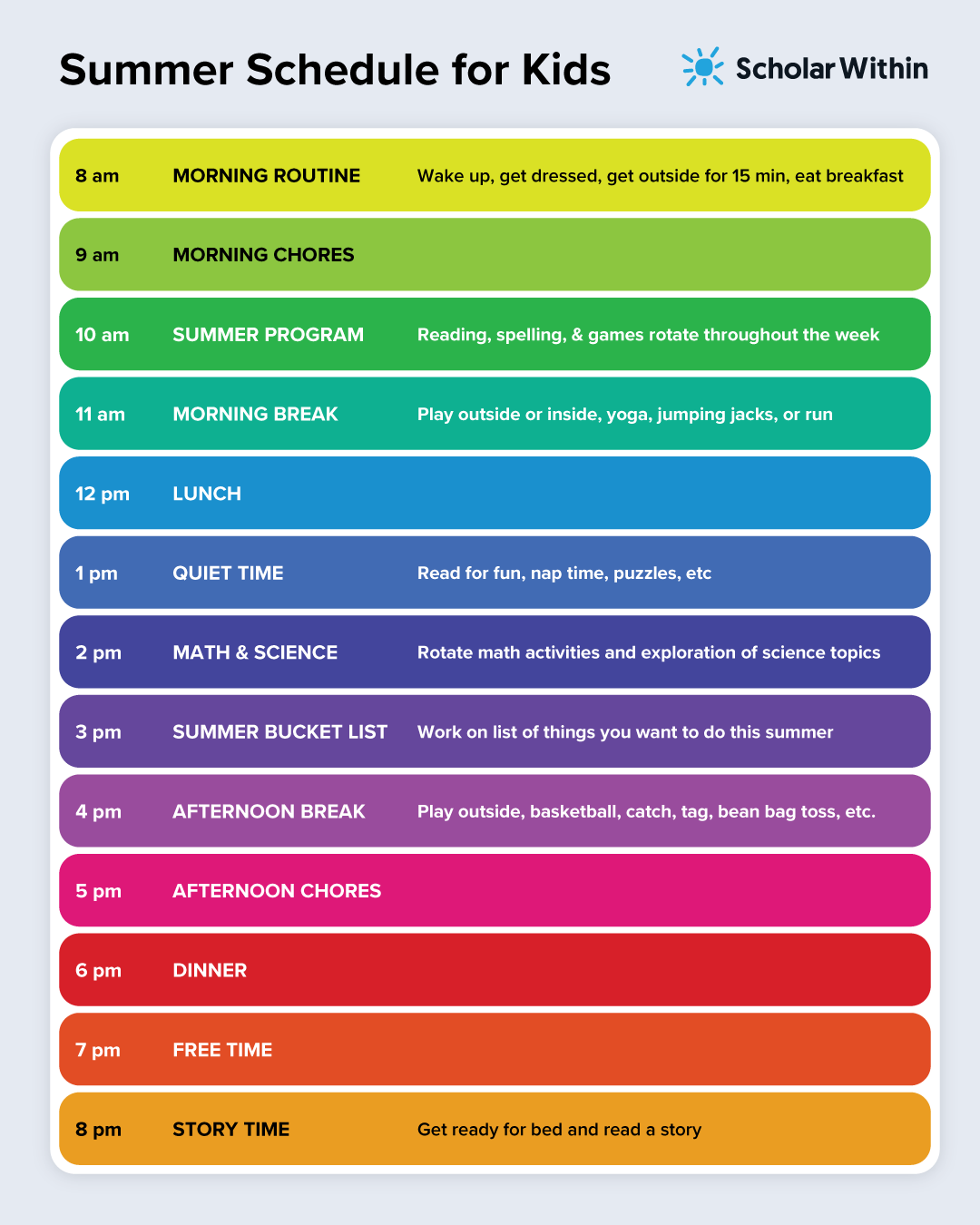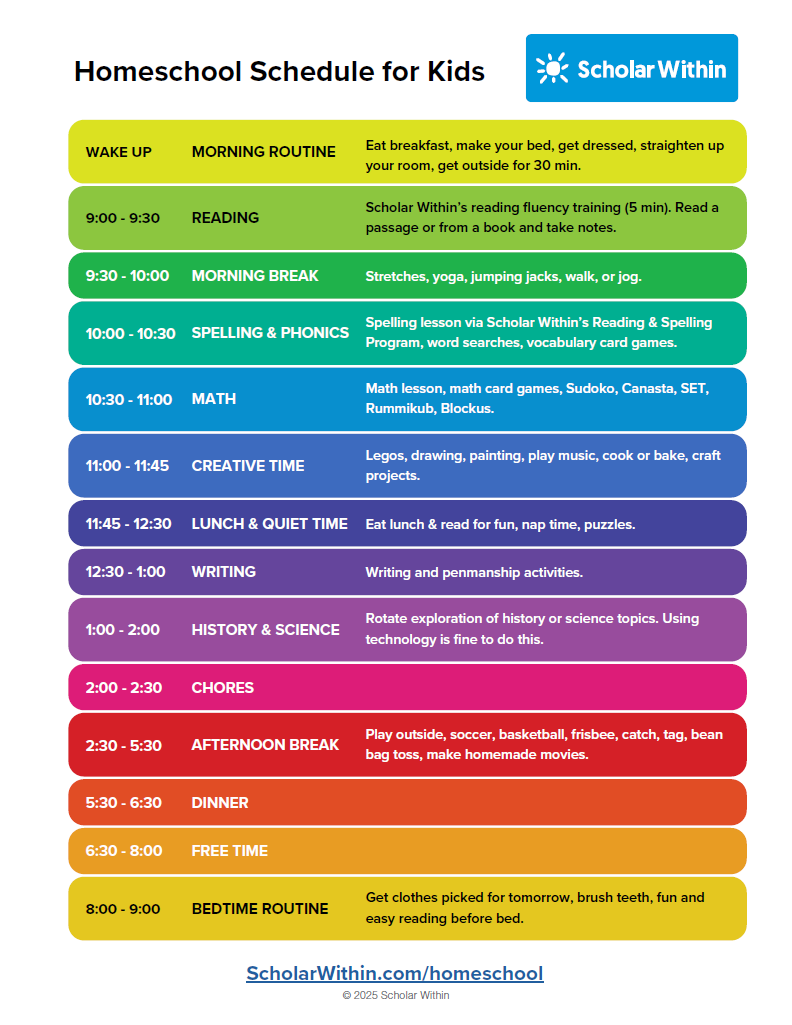
Phonemic Awareness and Reading
What is Phonemic Awareness?
Phonemic awareness is the ability to hear, identify, and manipulate individual sounds – phonemes – in spoken words. A phoneme is a unit of sound that distinguishes one word from another, for example, /b/, /k/, and /s/ in the words bat, cat, and sat. Phonemic awareness is critical to reading and is the first of the five principles of reading.
When we hear or read words, we don’t often think of the different sounds that are combined to construct the word. It becomes automatic.

What are the components of phonemic awareness?
- Phoneme Blending
Phoneme blending is the ability to listen to a sequence of phonemes (sounds) and to be able to combine them to form a word. /c/ /a/ /t/ is cat. This is the process used in decoding words. - Phoneme Segmentation
Phoneme segmentation is the ability to break a spoken word into its separate phonemes. This can be seen as the process of spelling words phonetically. In the word step, there are four sounds: /s/ /t/ /e/ /p/. - Phoneme-Grapheme Correspondence
A grapheme is how a phoneme is represented as a letter, punctuation, or other symbols. Phoneme-grapheme correspondence is the sound-symbol relationship.
What does research say about phonemic awareness and reading?
G. Reid Lyon (1995) found that “the best predictor of reading difficulty in kindergarten or first grade is the inability to segment words and syllables into constituent sound units (phonemic awareness).”
Dr. Sally Shaywitz (2003) finds that “reading and phonemic awareness are mutually reinforcing: Phonemic awareness is necessary for reading, and reading, in turn, improves phonemic awareness still further.” Shaywitz is the co-director of the Yale Center for the Study of Learning and Attention and a leader in the new research into how the brain works.
Dr. Penny Chiappe (2002) states that programs focusing on phonological awareness, coupled with systematic, explicit phonics instruction, structural analysis of words, spelling, and comprehension strategies, have higher success rates.
How do phonemic awareness skills help older students?
In words you hear aloud for the first time, phonemic awareness skills help you identify individual word parts and how the words are most likely spelled without seeing the words written.
This can be critical for making English easier in junior high, high school, college, and life. Learning vocabulary will become that much easier by being able to identify the individual sounds easily.
Phonemic awareness is the first principle of reading and is the foundation of developing successful reading skills.
The Five Principles of Reading
- Phonemic Awareness
Phonemic awareness is the ability to hear, identify, and manipulate individual sounds – phonemes – in spoken words. - Phonics
Phonics uses the awareness of sounds and matches the sounds to letter symbols. - Fluency
Reading fluency is the ability to read easily, fluidly, accurately, and articulately. It is the ability to accurately decode words and automatically process words. When reading aloud, it is also the ability to add appropriate intonation (the rise and fall, pattern and pitch of voice while speaking) to words. - Vocabulary
Vocabulary is the knowledge and understanding of words. It is the ability to use words effectively and understand them in different contexts. - Comprehension
Comprehension is the ability to understand, analyze, integrate, and use what you have read, whether it be words, sentences, paragraphs, articles, or books.
Scholar Within’s Reading Program integrates all five principles of reading with a step-by-step curriculum to improve overall reading skills.
How can you improve your phonemic awareness skills?
When you bridge phonemic awareness with phonics, you create a strong foundation of the building blocks of language, reading, and spelling. By taking this a step further and learning the spelling patterns, you can learn to spell thousands of words by following the patterns.
In our summer reading program, we incorporate phonemic awareness with phonics in auditory and visual spelling video lessons. The program teaches spelling by spelling patterns and breaks down the complexity of the English language into bite-sized chunks.
Scholar Within’s Reading and Spelling Program
In our reading and spelling programs, we teach phonemic awareness skills while we teach spelling and phonics.
We do this by breaking words down one sound at a time.
We specifically use this method because we can cut the teaching time in half instead of teaching phonemic awareness completely separate from spelling.
Plus, students then are clearly able to see the structure of English when we tie spelling words to the patterns that they follow.

Who is Scholar Within?
Scholar Within was founded by learning expert Bonnie Terry, M. Ed., BCET. Bonnie began designing and developing her own custom educational tools when she started her private learning center in the 1990s. Teachers kept asking what she was using with the kids who saw her because of the dramatic improvements that the kids made in school. From there, Bonnie made her materials available to teachers and families worldwide.
Now, Bonnie Terry has turned her materials into a full-service online program that you can follow step-by-step at home, on your schedule. School alone is not enough anymore. Bonnie’s programs boost your kid’s overall learning skills by focusing on improving the auditory, visual, and tactile processing areas of your brain to make it work more efficiently.
Learn more about Scholar Within.



